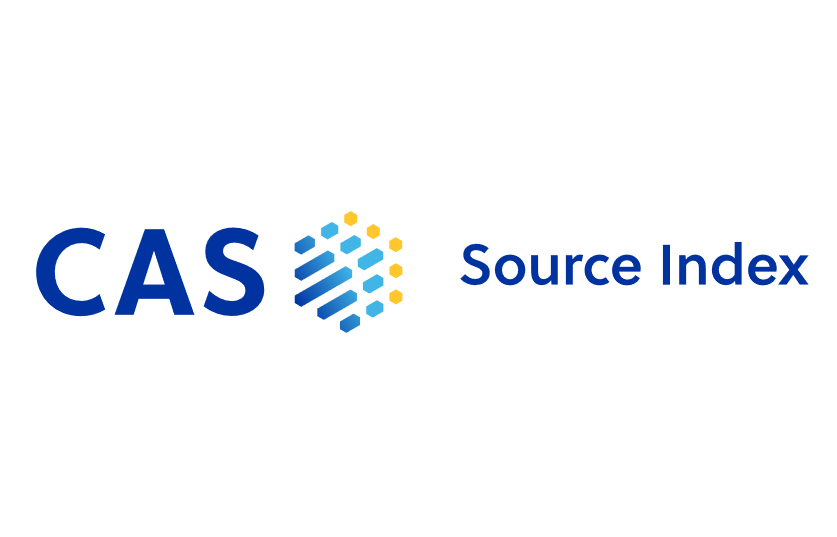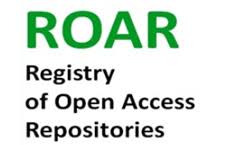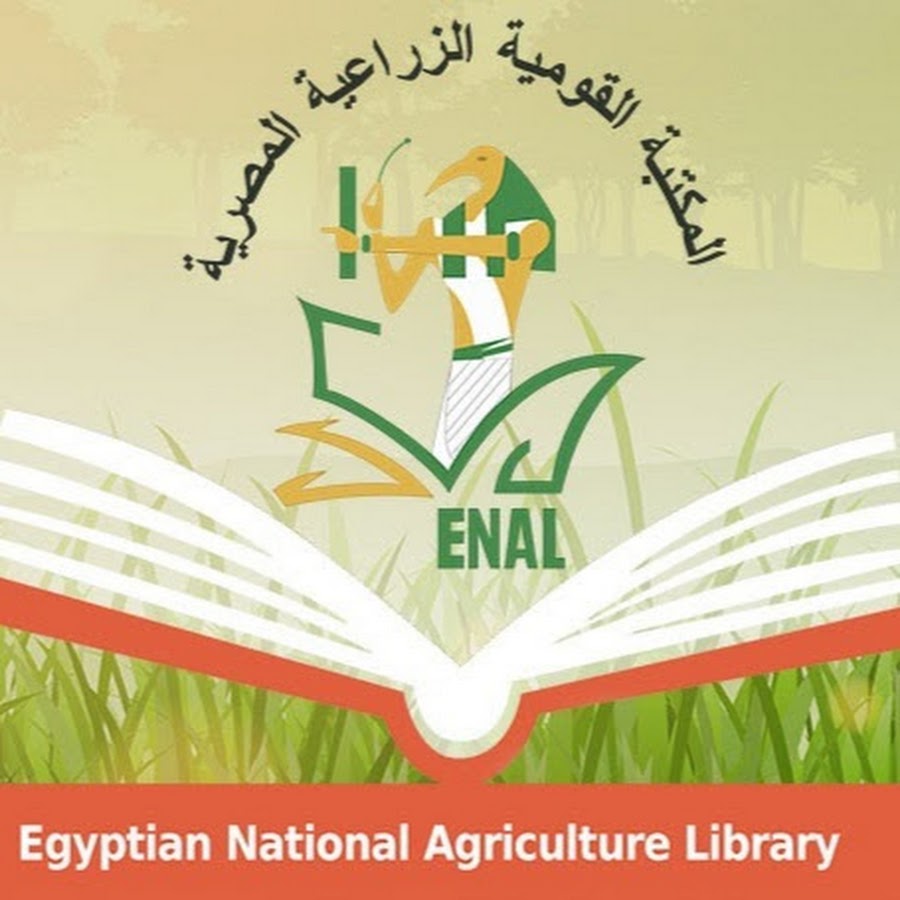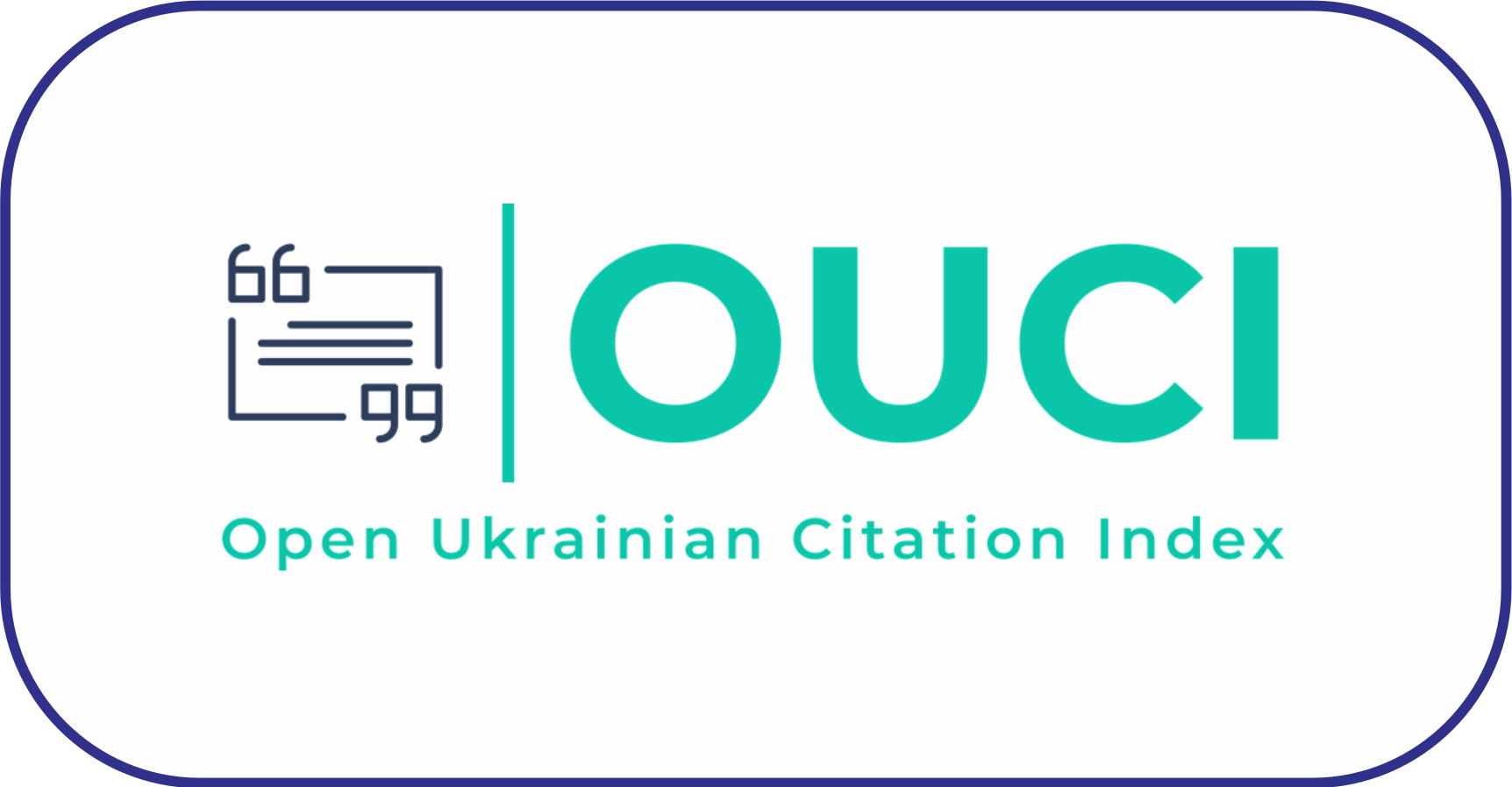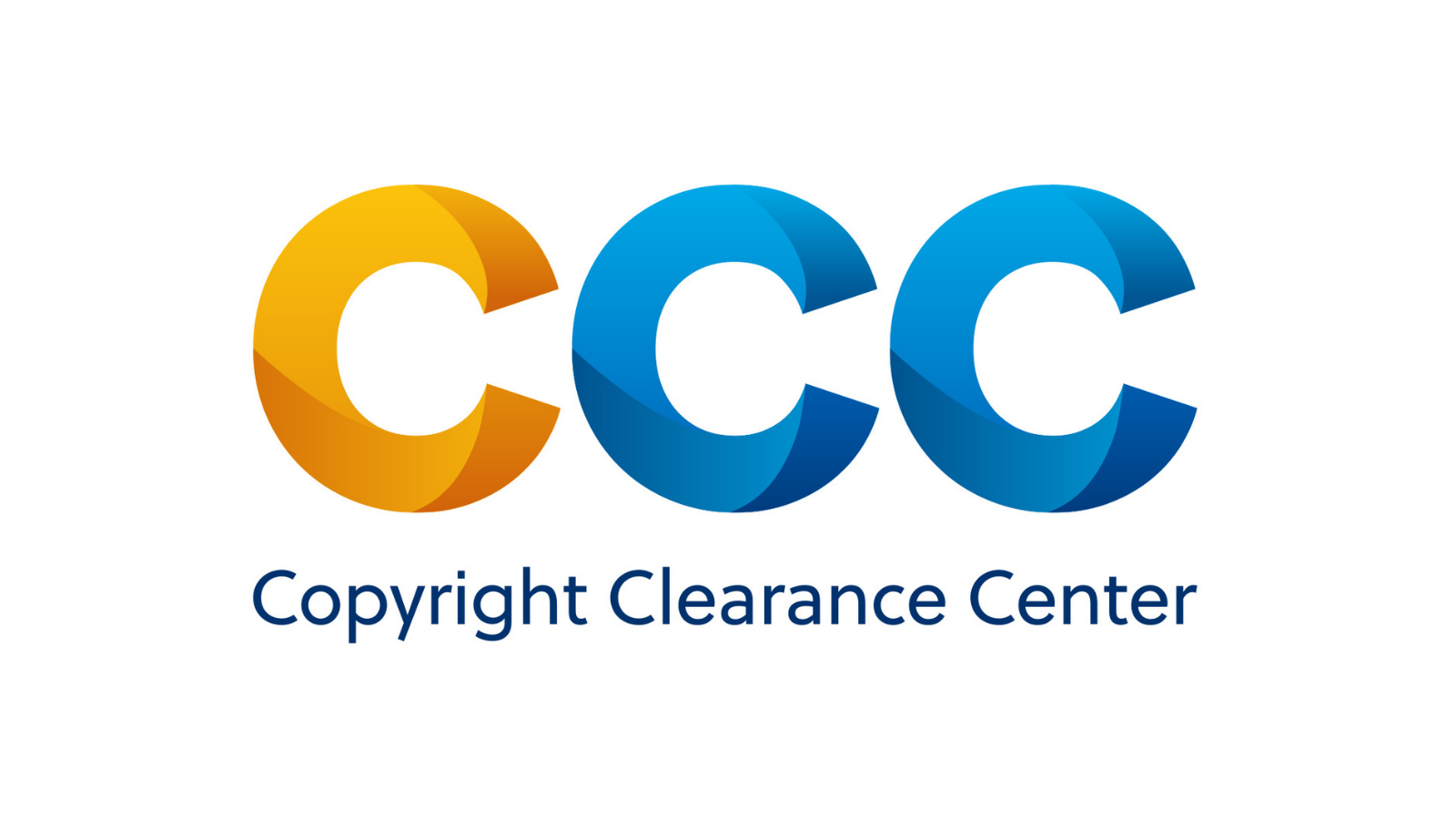ISSN: 3079-174X
Submissions
Submission Preparation Checklist
As part of the submission process, authors are required to check off their submission's compliance with all of the following items, and submissions may be returned to authors that do not adhere to these guidelines.- The submitted work has not been previously published, nor is it concurrently under consideration by another journal (unless clarification has been provided in the Comments to the Editor).
- The submission file is in Microsoft Word document file format.
- All references include URLs and DOIs where applicable and available.
- The manuscript should be written in English with a simple layout. The text should be prepared in a single column format. Use a normal, plain font (e.g. 10-point Times New Roman) and double spaced for text. Additionally, all illustrations, figures, and tables are appropriately integrated within the text rather than placed at the end.
- The manuscript adheres to the references guidelines specified in the Author Guidelines (APA style 6th edition).
- The abstract of the paper is within the prescribed range of 200-300 words.
- Journal's policy regarding article processing charges is clear and understandable. This policy can be accessed from the homepage of the journal's website.
Privacy Statement
Information provided at Advances in Agriculture and Biology site by authors, such as names, email addresses, contact details, etc., is used exclusively for this journal. No information at any level is ever utilized for any purpose other than those already mentioned and shared with any other party as per the journal’s privacy policy. This Privacy Statement highlights the commitment of Advances in Agriculture and Biology to protecting the privacy of individuals interacting with our research journal. We hold a deep respect for your privacy and are devoted to safeguarding the personal information you provide to us.
1. Collection of Information
We collect information from authors, reviewers, editors, and other users who engage with our journal. This information may include, but is not limited to, names, contact details, affiliations, and other relevant professional information.
2. Use of Information
We use the collected information for the purpose of managing the submission and review process, communicating with authors and reviewers, and maintaining the integrity and quality of our journal. Additionally, we may use contact information to send updates, announcements, and information related to the journal.
3. Data Security
We employ industry-standard security measures to protect the information provided to us. However, it is important to note that no method of transmission or storage over the internet is completely secure. While we strive to protect your personal information, we cannot guarantee its absolute security.
4. Data Sharing
We do not sell, trade, or otherwise transfer your personal information to third parties without your consent, except as required by law or as necessary to fulfill the purposes outlined in this Privacy Statement.
5. Cookies and Tracking Technologies
Our journal may use cookies and similar tracking technologies to enhance user experience and gather information about usage patterns. Users can control cookie preferences through their browser settings.
6. External Links
Our journal may contain links to external websites. We are not responsible for the privacy practices or content of these external sites. We encourage users to review the privacy statements of such sites.
7. Consent
By submitting your personal information to us, you consent to the collection, use, and disclosure of that information in accordance with this Privacy Statement.
8. Changes to the Privacy Statement
We reserve the right to update or modify this Privacy Statement at any time. Any changes will be effective immediately upon posting. It is the responsibility of users to review this Privacy Statement periodically for updates.
9. Contact Information
For questions or concerns regarding this Privacy Statement, please contact us at: (editor.aab14@gmail.com).
By using our journal, you acknowledge that you have read and understood this Privacy Statement and agree to the practices described herein.















